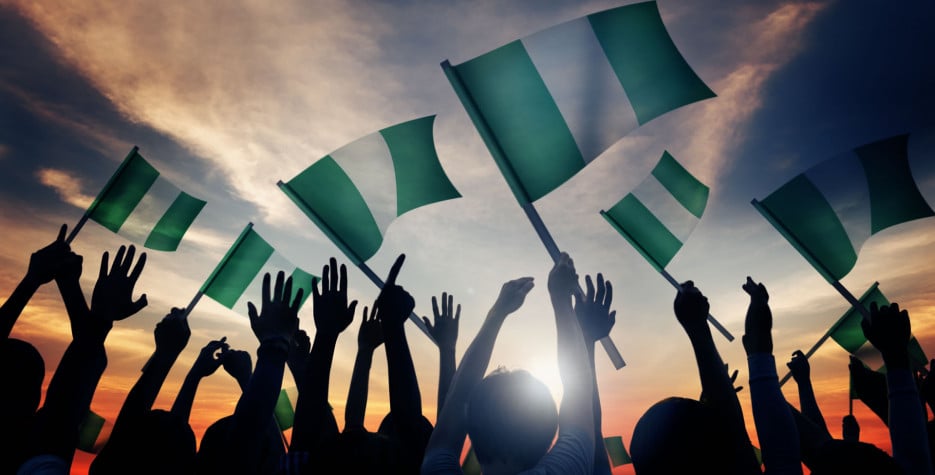When is Nigerian Independence Day?
This is the National Day of Nigeria and is always celebrated on October 1st. It marks independence from British rule on this day in 1960.
Nigeria is the most populous country in Africa, with around one in every five Africans being Nigerian.
History of Nigerian Independence Day
European influence in modern-day Nigeria began when in the 16th century when the first explorers from Spain and Portugal began trading with locals, leading to the development of ports, such as Lagos. The British became an increasingly dominant influence on the region in the late 19th century through the Royal Niger Company, resisting German attempts to expand in the region.
In 1900, the territories under the control of the Royal Niger Company became the Southern Nigeria Protectorate. In 1914, this was combined with the Northern Nigeria Protectorate to create the Colony and Protectorate of Nigeria, which forms the borders of modern-day Nigeria.
Many aspects of modern life in Nigeria were established under the period of British Rule, but by the middle of the 20th century, the call for independence sweeping across Africa and the decline of the territories in the British Empire led to Nigeria being granted independence on October 1st 1960 under a constitution with a parliamentary government and a degree of autonomy for the country's three regions.
Nigeria marked total independence from Britain when it became a federal republic when a new constitution was adopted on 1 October 1963 with Nnamdi Azikiwe as its first president.
Political unrest led to a series of military coups in 1966 and Nigeria was ruled by a military junta with the democratic rule not being restored until October 1st 1979.
Did you know?
The city of Lagos was the capital until 1986, when the government moved to Abuja.
How is Nigerian Independence Day celebrated?
Despite being the national day of Nigeria, the holiday itself is declared annually by the government of Nigeria.
In New York, Nigeria’s Independence Day has been marked by celebrations since in 1991 and are the largest by any African nation in the United States.


